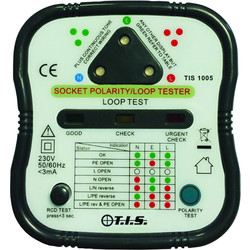CarbonPepper
DIY
- Reaction score
- 0
UK. Domestic computer setup with uninterruptible power supply - APC brand devices BK650EI and BK350EI.
The manufacturer offers almost no information on earth and I presume that protected appliances are on their own independent circuit. Modest testing (ordinary multimeter) suggests there is no earth continuity between a computer metal case and supply earth.
I'm wondering if this is by design, or there's a fault?
Additionally, how safe is a scenario where a separate earth is made between a PC case, and say a central heating pipe? Often done for anti-static precautions. e.g. a running PC hot-swapping a SATA drive, or, to try and solve an audio buzz.
Many thanks for advice and sorry for any terminology errors.
The manufacturer offers almost no information on earth and I presume that protected appliances are on their own independent circuit. Modest testing (ordinary multimeter) suggests there is no earth continuity between a computer metal case and supply earth.
I'm wondering if this is by design, or there's a fault?
Additionally, how safe is a scenario where a separate earth is made between a PC case, and say a central heating pipe? Often done for anti-static precautions. e.g. a running PC hot-swapping a SATA drive, or, to try and solve an audio buzz.
Many thanks for advice and sorry for any terminology errors.









